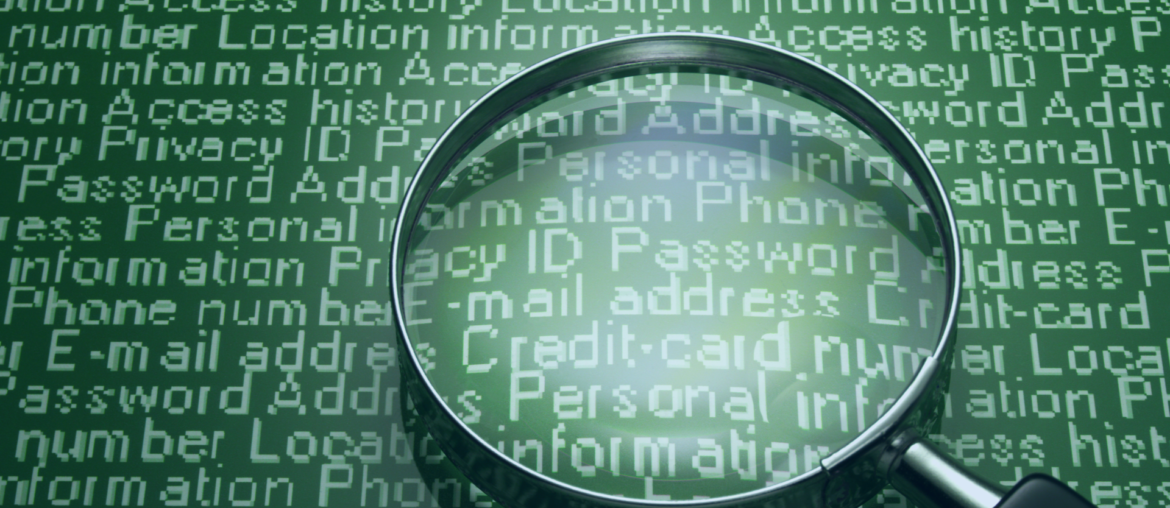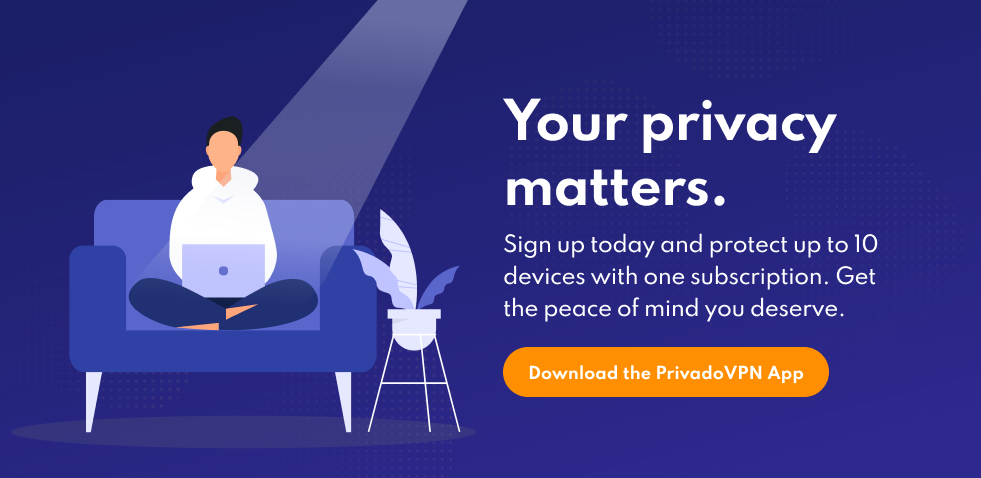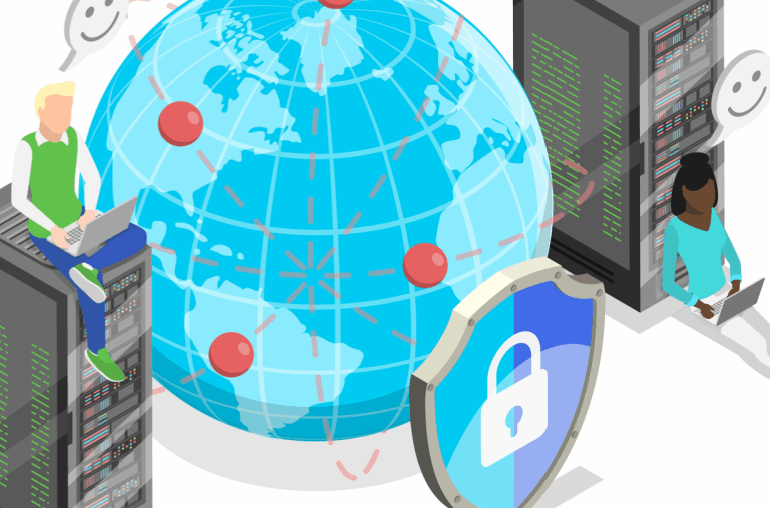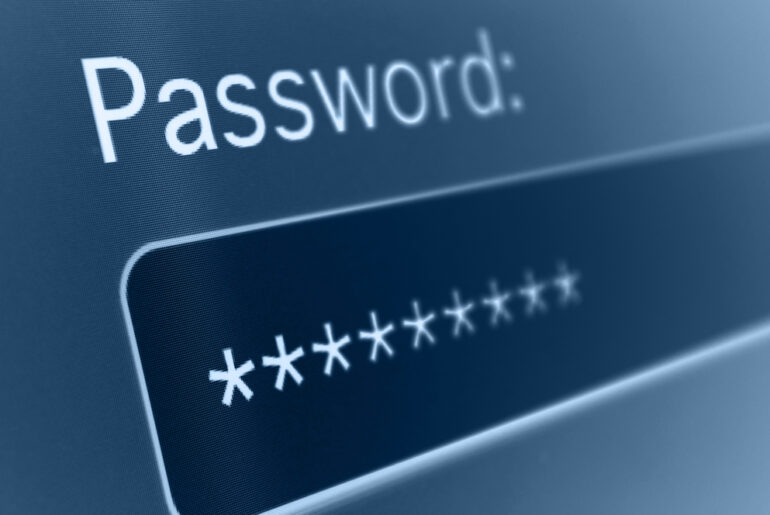Protecting yourself online is more important than ever, especially if you use social media. For years, a popular trend among Internet vigilantes has been to expose the private information of transgressive individuals online. This act, known as doxing or doxxing, usually occurs after an interaction over the Internet; most commonly, the interaction is an argument. The person being doxed is typically someone who was harassing others online or exhibiting similarly distasteful behavior. In many cases, doxing is an attempt to shame a target and harass them by exposing their sensitive personal data. In this blog, we’ll give you the tools for understanding doxing and how to prevent it.
What is Doxing?
The term “doxing” or “doxxing,” which derives from the term “documents,” is a shortened approach to the phrase “dropping dox.” The documents in question are often personal, especially with regard to private data. Doxing is an Internet attack where cybercriminals uncover personal information in order to expose the identity of anonymous online users. Although these attacks primarily take place on the Internet, they can occur in the real world as well. The nature of doxing is defined by one individual obtaining another person’s private information and using it to intimidate them.
Here’s an example of a doxing attack. An Internet user logs onto a web forum and purposefully starts pointless arguments with anyone who will interact with them. Someone sees that this person is harassing other forum users for no reason. In an effort to scare and humiliate the offending individual, someone might “dox” them and obtain their private identifying information. They can use this data to send things to their homes like letters, deliveries, police, or even a SWAT team. When SWAT teams or other high-level law enforcement officers become involved, the situation escalates to what is known as “SWATing.”
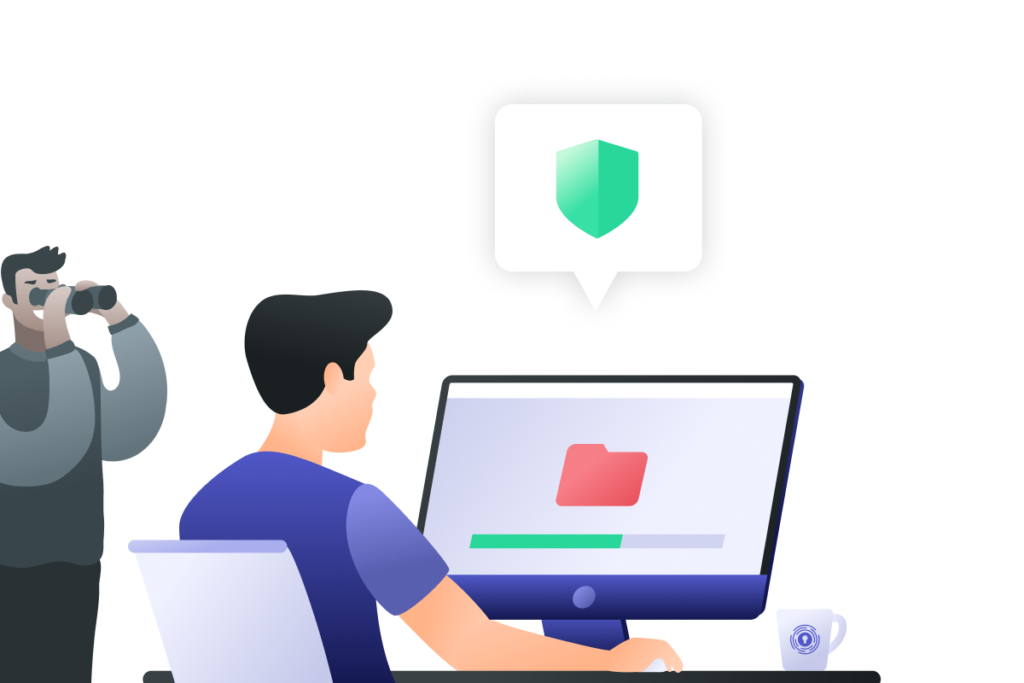
What are the Goals of Doxing?
In most cases, doxing is done in order to expose an individual’s private information and thereby humiliate or frighten them. However, each incident is unique. Doxing can occur for a variety of different reasons, such as a jealous ex or even an aggressive business competitor. Some cases involve cybercriminals attempting to dox wealthy Internet users in order to obtain their bank information. Ultimately, there are certain pieces of data that a doxer is attempting to get when they launch an attack, including:
- Bank account information
- Full legal name
- Home address
- Workplace
- Phone number
- Social Security number
- Social media credentials
- Credit or debit card number
This is just a sample of the kind of data that most doxers are after. Doxing attacks may even be used to get access to private photos, videos, text messages, and more. However, if you want to keep yourself safe from a doxing attack, it’s important to first learn how they work.
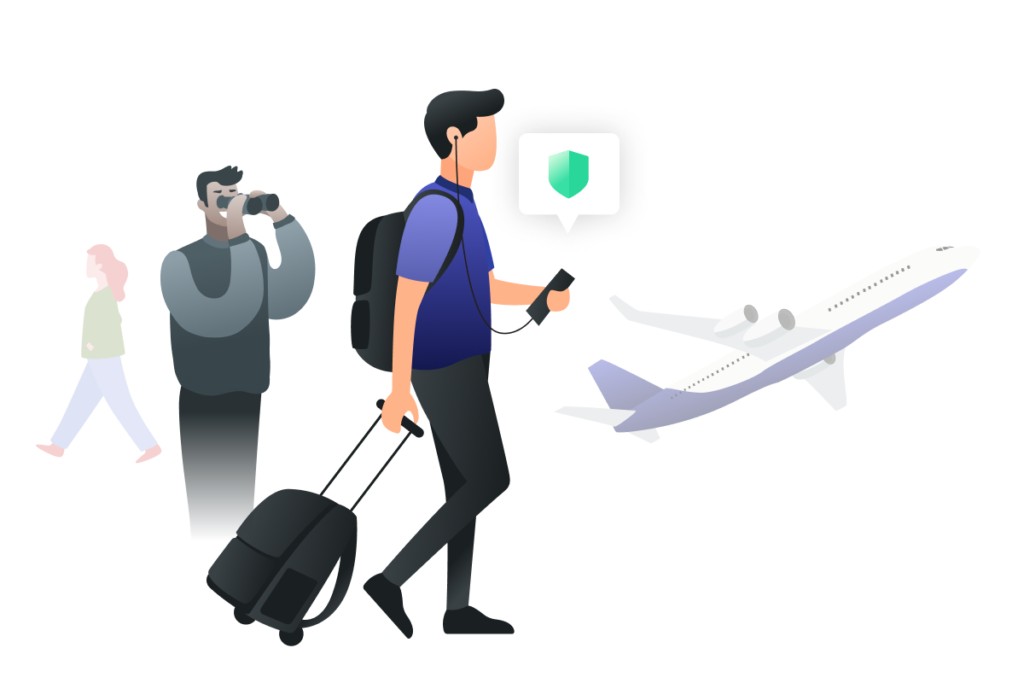
How Does Doxing Work?
Unfortunately, the Internet makes it surprisingly easy for someone to get information about you. For example: if you were to search on Google for your full name right now, what would you find? Every Internet user leaves behind a digital footprint that allows others to access their information and anything they’ve said online. With that in mind, you can see why it may be easy for doxers to obtain certain pieces of information. People often share their full name and their city online, especially if they are using platforms like Facebook or Instagram. This data alone is enough for someone to begin launching a doxing attack.
There are many methods of carrying out a doxing attack. Learning the different varieties of these attacks can help you with understanding doxing and how to prevent it. Some notable methods of doxing include the following.
Paying for Information
Doxers may pay data brokers to find out information about their targets. These data brokers search through public records and other corners of the Internet to gather their information. They can also purchase more data through additional sources. Alternatively, doxers use sites like WHOIS to look up public information tied to a target’s website domain, if they own one.
Tracking Usernames
If a target has the same username across multiple platforms, it becomes much easier for attackers to trace them online. If someone’s Instagram username is the same as the one on Twitter, there’s a chance it applies to other apps. Criminals utilize this vulnerability to obtain extra data on their victims.
Lurking Social Media
Doxers can use public social media accounts to gather a great deal of information about their targets. Users routinely share their personal data without a second thought, and it can come back to haunt them. By posting the name of your city, school, or even your workplace, you’re sharing information with more than just your friends.
IP Logging
Many doxing attacks use tools like IP loggers to track their victims’ locations. Doxers will attach an invisible tracking code to an email and, when the target opens it, their location is revealed. This invisible code is what’s known as an IP logger. Once they obtain your IP address, doxers can obtain more private data about you and where you live. It’s important not to leave your IP address unsecured unless you want to give away that information to anyone.
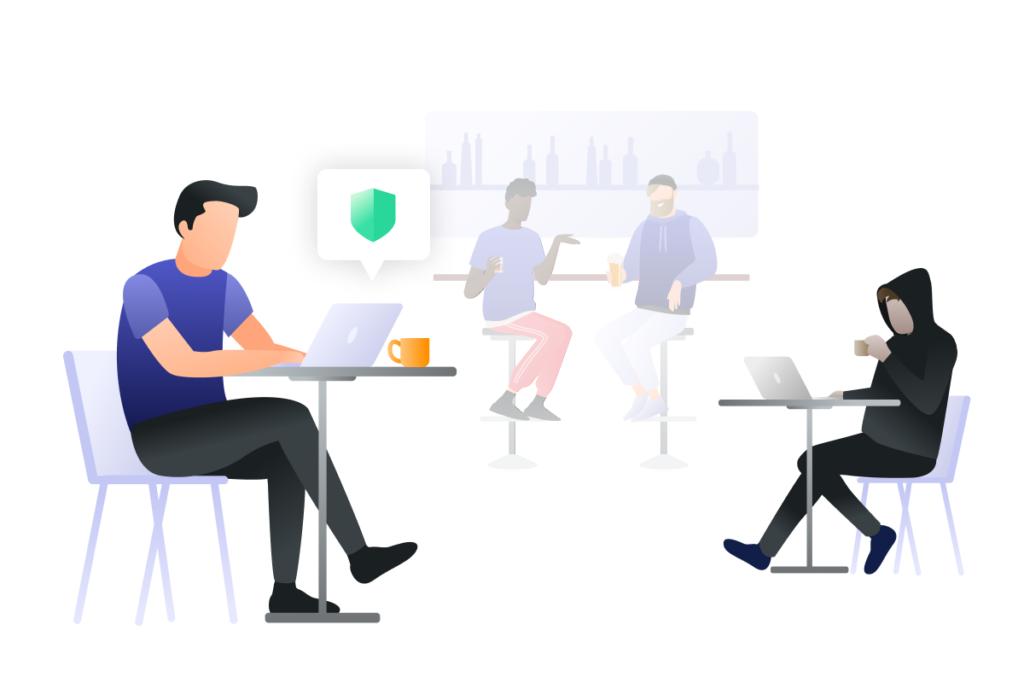
Is Doxing Illegal?
The legality of doxing can be complex from an outside perspective. On one hand, it does seem illegal to obtain private information about someone without their consent. On the other hand, much of the data that doxers obtain is on public record. Things like your full name, age, birthday, and sometimes your address can be easily found with a quick Google search. Technically, if the information that doxers “expose” is publicly available, it isn’t illegal.
It is illegal, however, for an attacker to share your private data, like banking information or your Social Security number. Unfortunately, these distinctions are important, especially in a court of law. Although doxing is considered unethical, there are circumstances where it is legal to obtain public, personal information about another individual.
How to Prevent Doxing Attacks
Protecting yourself from serious doxing attacks can seem like an overwhelming challenge. When it comes to privacy and security, it’s important to stay vigilant to avoid serious risks to your safety. Unfortunately, you can never truly protect yourself from 100% of cybersecurity threats. However, if you follow these practices, you can reduce your chances of a doxing attack.
- Update your privacy settings.
- Use two-factor authentication.
- Avoid sharing too much personal information online.
- Never click on suspicious links or messages from strangers.
- Vary your usernames on different platforms.
- Don’t give private data to social media apps.
- Use a different, strong password on every site.
- Keep a VPN on all of your devices.
Using these reliable methods, you can help yourself stay safe online and reduce your chances of a doxing attack. If you ever believe you may be the victim of a doxing attack, it’s important to report it right away. Your safety and security should always come first, especially when attackers are attempting to take it away.
Protect Your Privacy with PrivadoVPN
Doxing is dangerous, but so is letting your activity and data go unprotected on the Internet. With more cybersecurity attacks occurring now than ever before, it’s not only important but necessary to protect yourself online. If you’re looking for a way to give yourself stronger protection and more privacy, PrivadoVPN can help.
Backed by Swiss privacy laws, PrivadoVPN is a true zero-log VPN with powerful encryption settings and world-class security features. Premium users get access to 300+ global servers, unlimited data, reliable customer support, and even multiple connections. Plus, with PrivadoVPN, you can get reliable online privacy and IP leak protection that you can trust.
Sign up now for PrivadoVPN and start protecting yourself online today!
Download PrivadoVPN
Protect your privacy with a world-class VPN. Sign up for premium access to PrivadoVPN and get unlimited monthly data, access to 300+ servers from around the world, and up to 10 simultaneous connections. Get a top-rated VPN that can secure your privacy at home, at work, or on the go.
Sign up for PrivadoVPN today!

